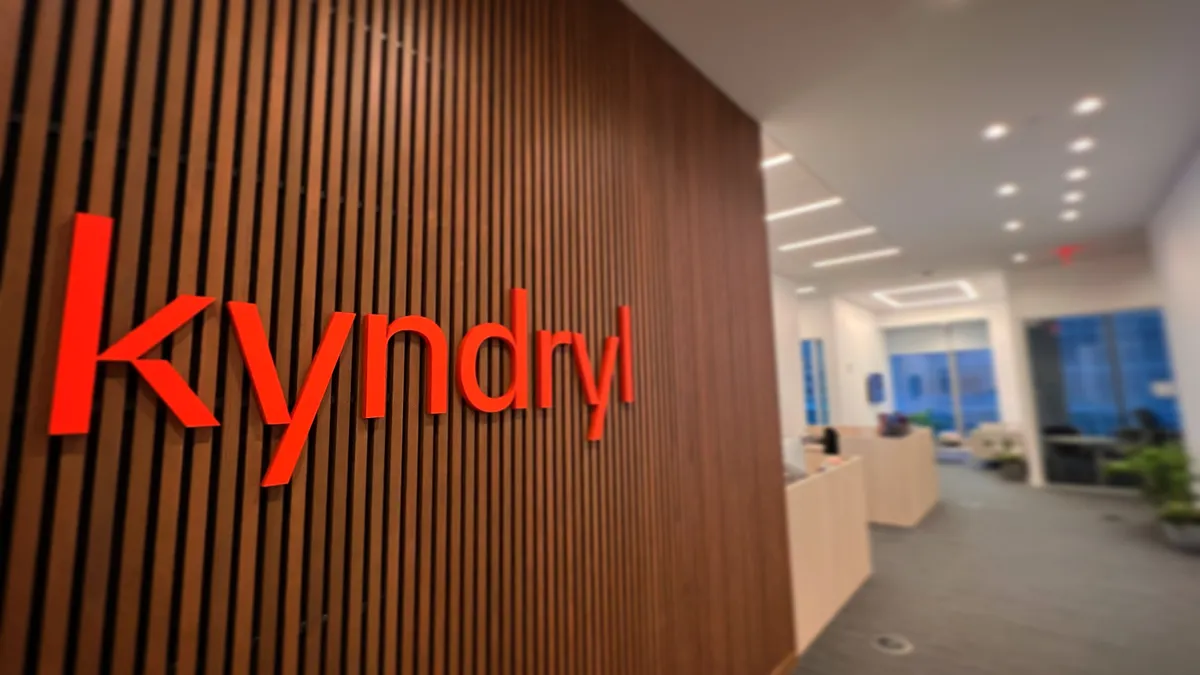Dive Brief:
- IBM will acquire open source cloud software provider Red Hat, according to a company announcement Sunday, in a deal that will make IBM the No. 1 hybrid cloud provider. IBM expects the acquisition to contribute to revenue growth within 12 months of closing.
- The $34 billion price tag is IBM's largest acquisition by a multiple of six and the largest tech acquisition of the year. Red Hat will remain a distinct unit within IBM, with CEO Jim Whitehurst and the rest of the management team carrying over.
- IBM will remain committed to Red Hat's open source model, helping scale its technology to global enterprises, according to the announcement. In its dedication to multicloud, IBM will also help build up Red Hat's partnerships with IBM Cloud as well as major cloud providers, including Amazon Web Services, Google Cloud Platform and Microsoft Azure.
IBM is acquiring Red Hat in a deal valued at $34 billion. This is why IBM CEO Ginni Rometty says it's a "very fair price." https://t.co/qziM9N1Pty pic.twitter.com/GGTEJceI8R
— CNBC (@CNBC) October 29, 2018
Dive Insight:
Tied with Google Cloud Platform at 7% of global market share, IBM has a long way to go to catch Microsoft or Amazon Web Services in the cloud infrastructure services market with their 14% and 34%. IBM's third place share has been driven by its leadership in hosted private cloud services, according to Synergy Research Group.
The acquisition will open up one of the largest open source portfolios to IBM and move past the proprietary barriers in today's cloud market to help businesses migrate the rest of their workloads to the cloud, according to the announcement.
Instead of manually stitched together data and services across clouds, open technologies will enable freer and more secure movement between clouds, according to IBM. Red Hat is a global leader in open source, including on the Linux framework which has emerged as a leading platform for cloud and on-prem applications.
IBM is still in the midst of its lengthy digital transformation, and the company is making its bet on the hybrid and multicloud. The "low hanging, easy" parts are on the cloud, and the remaining 80% is going to be a challenge for many businesses, according to Ginni Rometty, speaking at the Gartner Symposium/ITxpo in Orlando, Florida earlier this month.
As multicloud becomes the de facto standard, providers need to respond with more than just infrastructure, instead bringing tools to carry the migration out, according to Robin Hernandez, director of IBM Private Cloud Offering Management, in an interview with CIO Dive earlier this month. Multicloud and hybrid cloud capabilities will serve as an important market differentiator and customer loyalty driver.











